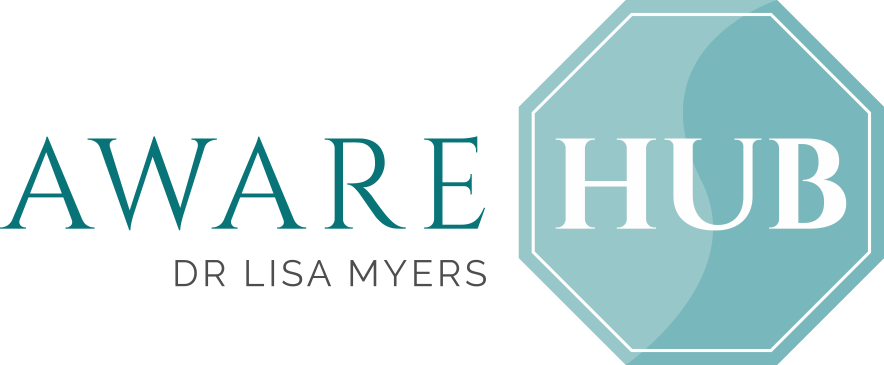Ketamine for Depression
ketamine for depression
Ketamine has garnered significant attention in the field of mental health due to its potential effectiveness in treating depression. Numerous studies have demonstrated its rapid and robust antidepressant effects, particularly in cases of Treatment-Resistant Depression (TRD).
One of the key advantages of ketamine treatment is its fast-acting nature. Unlike traditional antidepressants which can take several weeks to show results, ketamine has shown to produce noticeable improvements within hours or days. Majority people will require ongoing treatment to maintain benefits. Ketamine treatment has been shown to be safe where there is adequate safety monitoring.
Our clinic utilises both racemic ketamine and esketamine, two forms of ketamine that have shown promising results in alleviating depressive symptoms. These treatments are administered under the supervision of our experienced medical professionals, ensuring the utmost safety and efficacy.
Racemic ketamine is considered an off-label treatment for depression, whilst there is a TGA-approved esketamine product that can be used on-label.
To access our ketamine treatment, a referral from a psychiatrist or a GP is required and our treating team will complete a comprehensive assessment to determine suitability.
REFERRAL FORM
Click here to download our referral form or contact TMS@awarehub.com.au for more information.
process
Ketamine is used to treat TRD. Clients need to be diagnosed with chronic depression that has failed to respond to at least two antidepressant medications, taken for at least 8 weeks at the maximum, tolerable dose.
Clients will be provided an individualised treatment plan following a comprehensive initial assessment by our psychiatrist.
During ketamine treatment, clients are required to visit our clinic and be observed by a nurse for at least a two-hour duration. This ensures their safety and allows for immediate intervention in case of any adverse reactions. The dosage and administration method may vary depending on the individual’s specific needs and response to treatment. You will undergo regular reviews that include meeting with our psychiatrist, completing questionnaires and having blood and urine tests.
It is important to note that ketamine treatment may not be suitable for everyone. There are certain health contraindications that need to be considered, such as uncontrolled high blood pressure, history of psychosis or schizophrenia, active substance abuse, and certain medical conditions. Our medical team will carefully assess each client’s medical history and current health status to determine if ketamine treatment is appropriate for them.
In addition to ketamine treatment, we strongly recommend that clients engage in regular therapy sessions. This therapy can be offered by a psychologist at AwareHub and occur during the ketamine treatment sessions or as integrative sessions, outside of the treatment days. Clients who are actively engaged with a psychologist outside of Awarehub, can continue therapy with them whilst having the treatment at our clinic.
KETAMINE & DEPRESSION: HOW IT WORKS
This video from Yale Medicine explains how Ketamine for depression works.
Ketamine is not suitable for everyone. It is important to discuss the option of ketamine with your treating psychiatrist and GP. AwareHub will oversee your ketamine treatment, but your primary care will remain the responsibility of your treating doctor.
Ketamine treatment does not have any Medicare rebates. Costs involved include the treatment sessions, doctor’s and psychologist’s appointments, medication cost and dispensing fees.
advantages of ketamine treatment for depression
- Rapid and robust antidepressant effects: Ketamine has been found to produce rapid and significant improvements in depressive symptoms. This is particularly beneficial for individuals who are in urgent need of relief from their depression and have not responded well to other treatment options.
- Treatment for Treatment-Resistant Depression (TRD): Ketamine has shown effectiveness in treating Treatment-Resistant Depression, which refers to cases where traditional antidepressant medications have been ineffective. It provides an alternative option for individuals who have not found relief from other treatments.
- Potential for long-lasting effects: While the immediate antidepressant effects of ketamine may be temporary, some studies suggest that the benefits can extend beyond the drug’s presence in the body. Ketamine treatment may help “reset” certain brain pathways associated with depression, potentially leading to longer-term improvements.
- Alternative to Electroconvulsive Therapy (ECT): Ketamine treatment offers a non-invasive alternative to Electroconvulsive Therapy (ECT), which is a more intensive and invasive treatment option for severe depression. Ketamine can provide similar benefits without the need for anaesthesia or inducing seizures.
- Tolerability and safety: Ketamine is generally well-tolerated, and serious side effects are rare when administered under medical supervision. The treatment is performed in a controlled clinical setting, ensuring the safety of the individual throughout the process.
- Reduction of suicidal ideation: Ketamine has demonstrated a rapid reduction in suicidal thoughts and ideation in individuals with depression. Although the immediate effects may be temporary, the reduction in suicidal ideation may contribute to long-term improvements in mental well-being
- Rapid and robust antidepressant effects: Ketamine has been found to produce rapid and significant improvements in depressive symptoms. This is particularly beneficial for individuals who are in urgent need of relief from their depression and have not responded well to other treatment options.
- Treatment for Treatment-Resistant Depression (TRD): Ketamine has shown effectiveness in treating Treatment-Resistant Depression, which refers to cases where traditional antidepressant medications have been ineffective. It provides an alternative option for individuals who have not found relief from other treatments.
- Potential for long-lasting effects: While the immediate antidepressant effects of ketamine may be temporary, some studies suggest that the benefits can extend beyond the drug’s presence in the body. Ketamine treatment may help “reset” certain brain pathways associated with depression, potentially leading to longer-term improvements.
- Alternative to Electroconvulsive Therapy (ECT): Ketamine treatment offers a non-invasive alternative to Electroconvulsive Therapy (ECT), which is a more intensive and invasive treatment option for severe depression. Ketamine can provide similar benefits without the need for anaesthesia or inducing seizures.
- Tolerability and safety: Ketamine is generally well-tolerated, and serious side effects are rare when administered under medical supervision. The treatment is performed in a controlled clinical setting, ensuring the safety of the individual throughout the process.
- Reduction of suicidal ideation: Ketamine has demonstrated a rapid reduction in suicidal thoughts and ideation in individuals with depression. Although the immediate effects may be temporary, the reduction in suicidal ideation may contribute to long-term improvements in mental well-being

